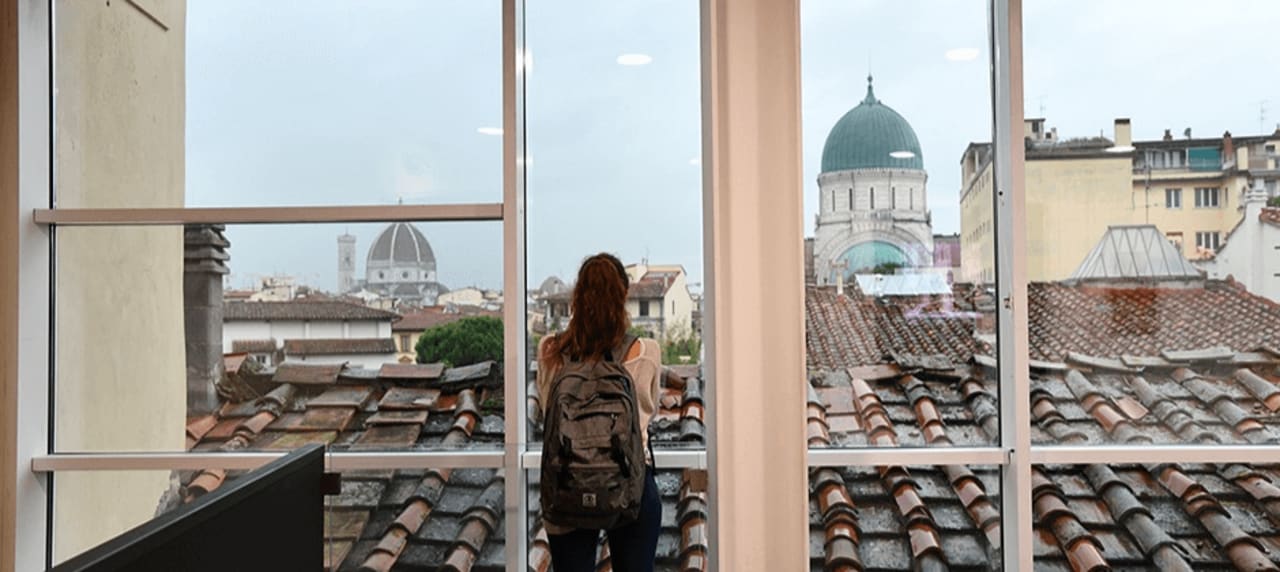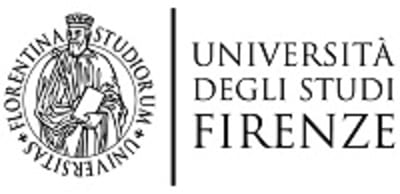
Master in Design of Sustainable Tourism Systems
University of Florence

Key Information
Campus location
Florence, Italy
Languages
English
Study format
On-Campus
Duration
2 years
Pace
Full time
Tuition fees
Request info
Application deadline
Request info
Earliest start date
Sep 2024
Introduction
Master in Design of Sustainable Tourism Systems
The two years Master Program (second level degree) aims to provide a thorough understanding, at the university master level, of the contemporary techniques of organization and management of tourism activities. The Master Program is characterized by an interisciplinary program.
The graduates will acquire the basic competence in the fields of human and social sciences, a good command of information technology and of statistical techniques, indispensable for a real-world interpretation of tourism trends and of taste changes of the tourist population.
The Master Program also provides legislative, historical and geographical knowledge useful for enhancing the values of the resources and the cultural heritage of a territory. The Master Program deals with topics related with the sustainable management of natural, cultural and historical resources. The remarkable growth of tourism requires considerable planning activities by both the public and private sectors in order to maximise economic returns while containing the potential negative impacts on the environment.
Admission requirements
To be admitted to the Master program, students must possess some curricular requirements and personal competencies.
For both Italian and foreign students, the following curricular requirements have to be proved:
- having obtained a first level degree in fields such as: tourism management; geography; cultural heritage; modern languages; foreign languages and cultures; economics, and business administration; communication sciences; sociology; spatial, urban, and environmental sciences; sciences and technologies agro-food, Sciences and technologies for the environment and nature; political sciences and international relations; social sciences for cooperation, development and peace; statistics; history *;
- having acquired at least 6 credits in the economic, management, demographic or statistics fields **;
- having at least a B2 level (or native foreign language) in English and another language, other than Italian;
- having acquired credits related to basic knowledge of data processing.
Students having first level degree in "L-15 Tourism management" (L-15 Scienze del turismo) are considered to automatically possess the aforementioned curricular requirements for admission.
For more information about admission requirements, please visit the university website.
Program content
Year 1
- English for tourism
- French for tourism
- Spanish for tourism
- German for tourism
- Economic history of tourism
- Travel and tourism contracts
- Sustainable tourism for local system development
- Demography and tourism
- Agri‐food economics
- Destination management
- Tourism and wine marketing
- Organization design and people management in the tourism industry
Year 2
- Statistical information systems for tourism
- Economic statistics for tourism
- Social statistics for tourism
- Tourism and law
- Economics and management of agritourism
- Financial markets and institutions
- Food quality and culture for tourism
- New technologies and environmental chemistry
- Foreign language lab (*) Data analysis lab Laboratory
- Optional courses
- Final examination (thesis)
Scholarships & funding
Several scholarship options are available, please visit the university website for more information.
Tuition
For more information about tuition fee, please visit the university website.
Qualification
Credits: 120
The Master Degree in Design of Sustainable Tourism Systems provides interdisciplinary competencies that involve:
- measuring and monitoring the outcomes and impacts of tourism (i.e. Economic statistics for tourism, Statistical information systems for tourism, Social statistics for tourism, Demography and tourism);
- managing and developing activities related with: the natural and economic local resources (i.e., Agri-food economics, Sustainable tourism for local system development, Food quality and culture for tourism, Economics and management of agritourism);- cultural resources, skills and competencies for tourism (i.e., Organization design and people management in the tourism industry, Economic history of tourism, Tourism and sport marketing, Event and sport management lab);- law and contracts in tourism and travel activities (Travel and tourism contracts, Tourism and law, Financial markets and institutions)
- new tendencies and technology for environmental issues (New technologies and environment chemistry);
- foreign language different from English (Spanish, French, German).
Program Language Requirements
The TOEFL iBT® test is accepted by 11,500 universities and higher education institutions in over 160 countries. Book your test today!
Sponsored partner